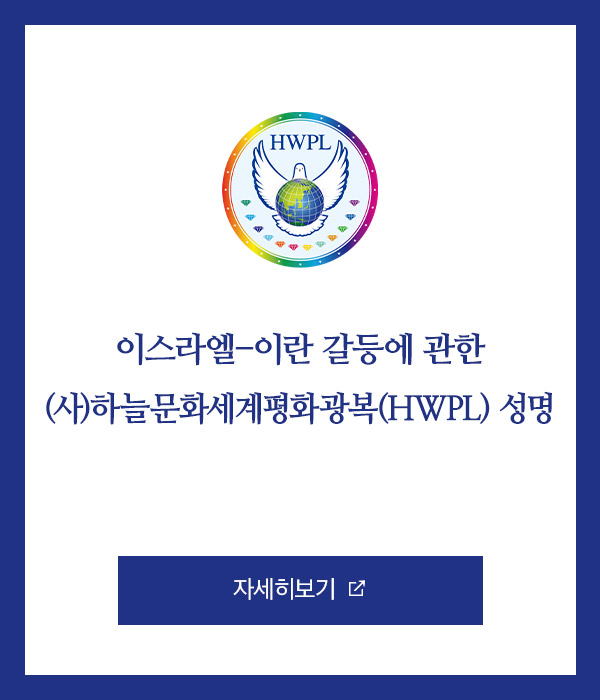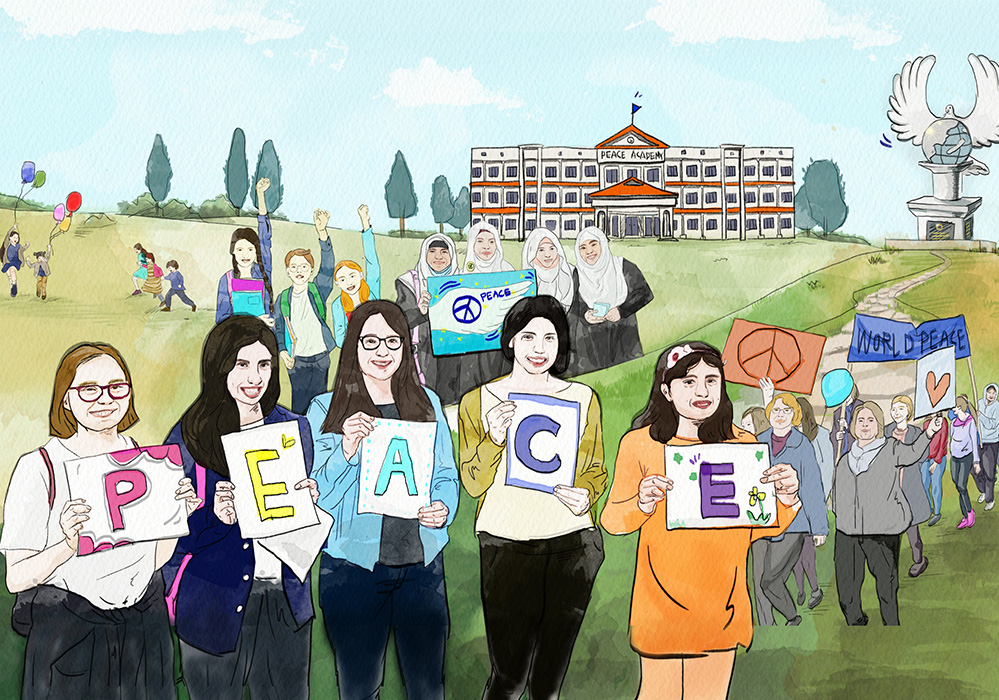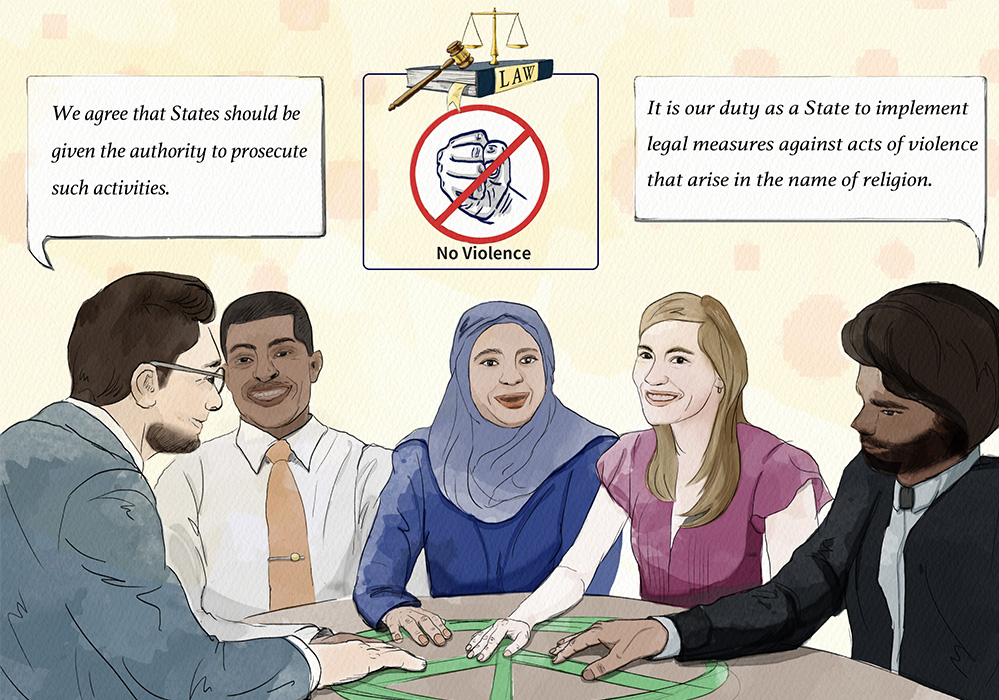World Interfaith Harmony Week (WIHW) for Peaceful Coexistence
The HWPL Religious Youth Peace Camp in Iraq
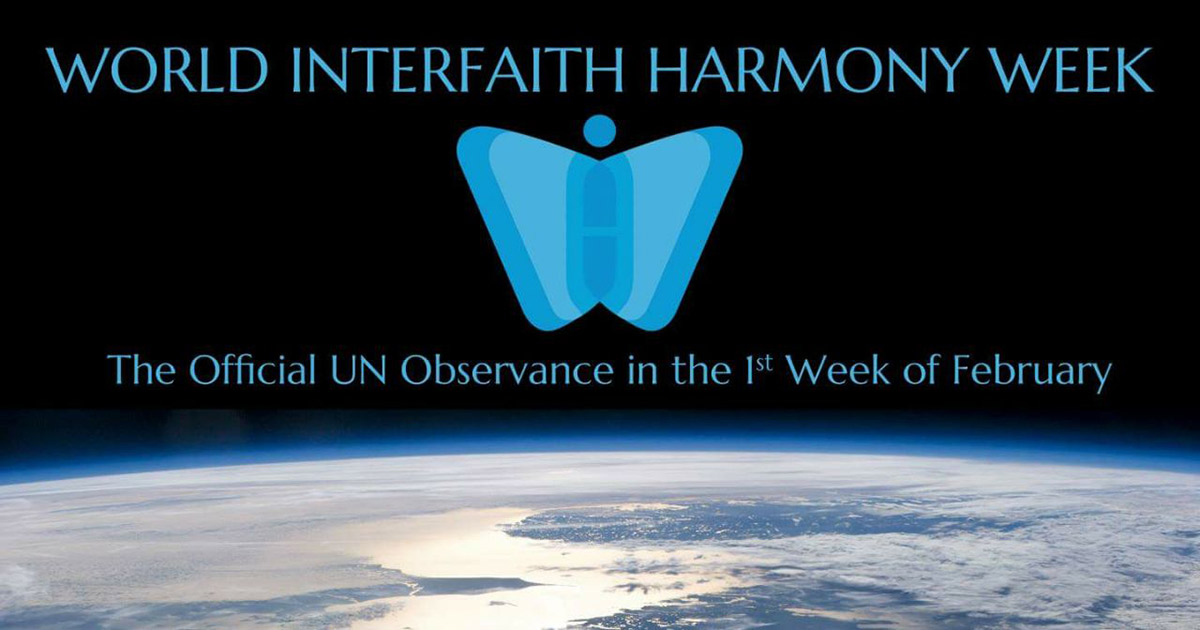
World Interfaith Harmony Week is a UN resolution for a worldwide week of interfaith harmony proposed in 2010 by King Abdullah II and Prince Ghazi bin Muhammad of Jordan. The World Interfaith Harmony Week falls in the first week of February of every year and aims to promote harmony between all people regardless of their faith.
King Abdullah said “It is essential to resist forces of division that spread misunderstanding and mistrust especially among peoples of different religions. The fact is, humanity everywhere is bound together, not only by mutual interests, but by shared commandments to love God and neighbor. What we are proposing is a special week, during which the world’s people, in their own places of worship, could express the teachings of their own faith about tolerance, respect for the other and peace.”
HWPL shares the mutual goal with the UN to promote harmony and understanding between all people regardless of their religion as it has operated the World Alliance of Religion’s Peace (WARP) Offices and HWPL Religious Youth Peace Camp. The WARP Office meetings is the series of interfaith dialogue based on each scripture aiming to prevent conflicts caused by religious misunderstandings and bring forth peace through gaining a deeper understanding of the standards and teachings of each religion. The HWPL Religious Youth Peace Camp is a workshop to engage youth and youth organizations in dialogue and conflict transformation activities based on inter-religious and inter-cultural learning.
The first HWPL Religious Youth Peace Camp in the Middle East
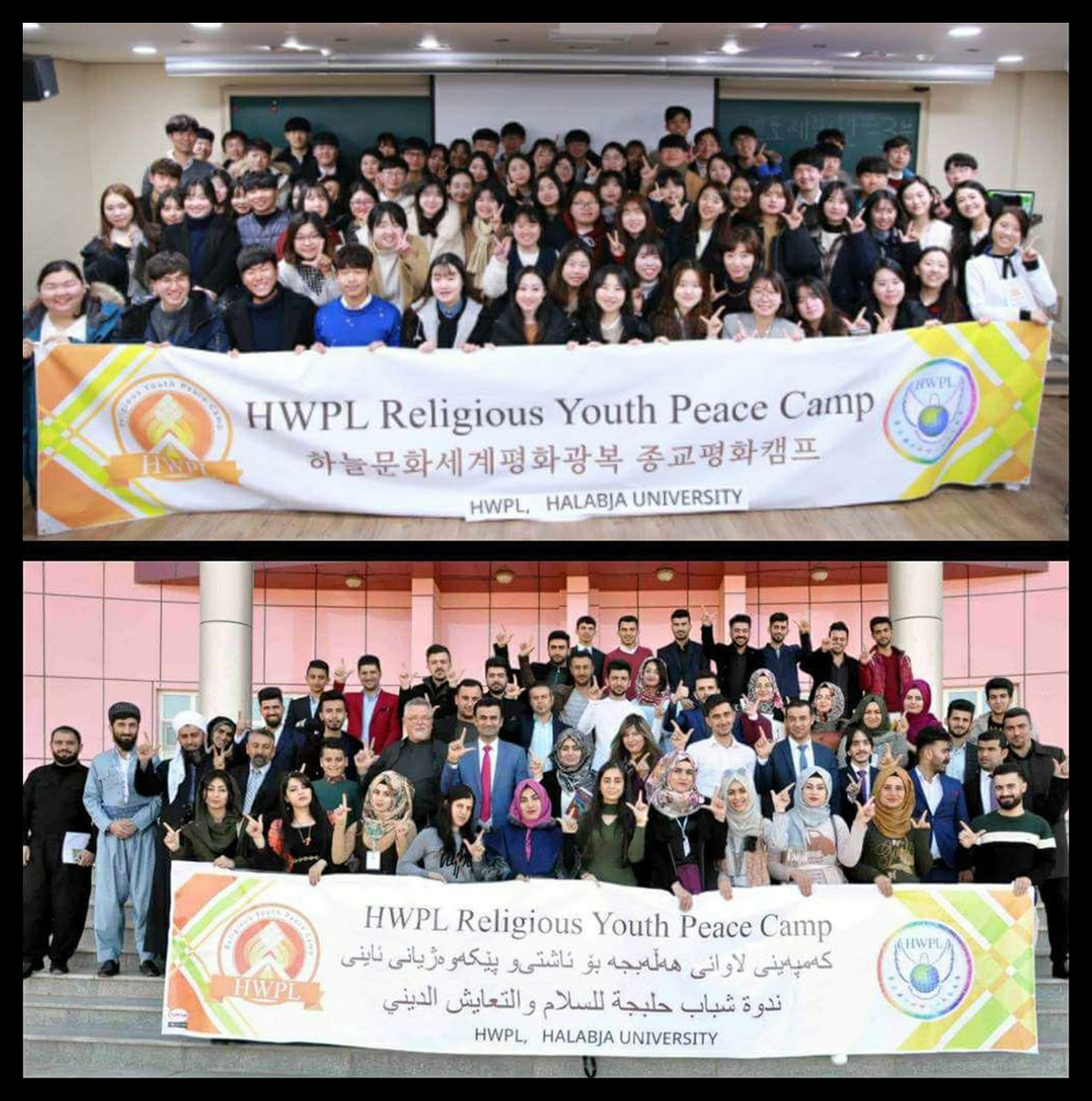
The HWPL Religious Youth Peace Camp was held for the first time in the Middle East in line with the UN Harmony Week on 7 February, 2018. With the title of “Let us achieve peace by understanding each religion,” the camp was co-hosted by HWPL and the President and Dean of Halabja University in Iraq. About 200 attendees including religious leaders coming from Christianity, Islam, and KaKai, and university representatives gathered at the Halabja University. In Gwangju city of Korea, 90 members of the International Peace Youth Group (IPYG) participated in the camp through Skype.
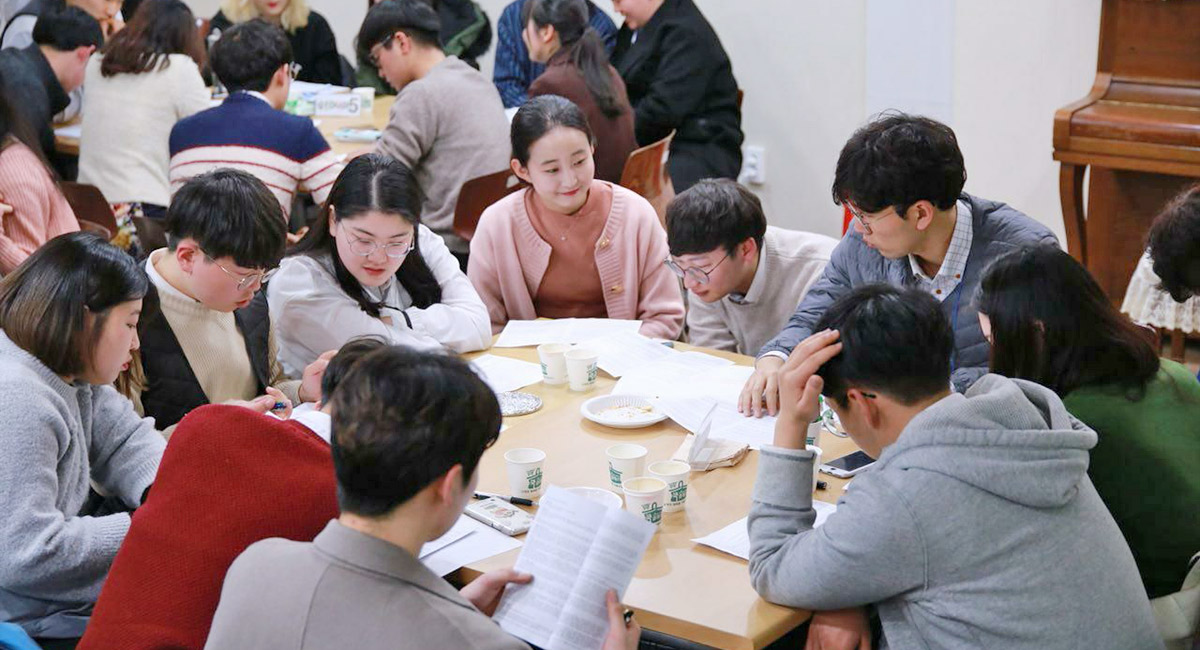
The camp started off with speeches of religious leaders that introduced places of worship, customs, and origins of each religion, providing their knowledge. Korean and Iraqi students gave presentations after having group discussion on the common value of each religion and the role of believers. The youth participants of both countries were able to share their thoughts and results of discussion simultaneously.
Dr. Nariman Abdulla Ali, Dean of College of Human Sciences, said, ”I think this camp is a true way to spread peace and religious coexistence and educate students and young people to know what religious coexistence is and how to apply. I hope this project may be extended to hold camps and other meetings. We at Halabja University are very eager to do this,” reminding of the core purpose of the harmony and coexistence among faiths.


